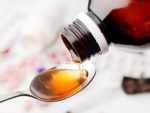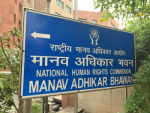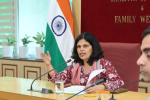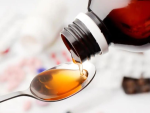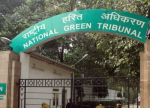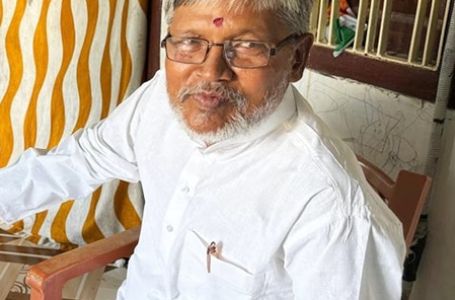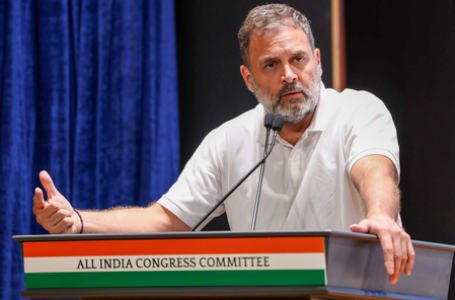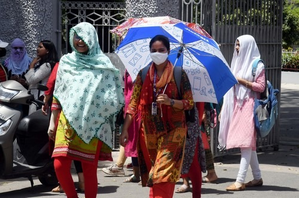
New Delhi: Rising temperatures are increasing the risk of heart health, contributing to a surge in chances of death from cardiovascular diseases, said experts on World Environment Day on Wednesday.
World Environment Day is observed every year on June 5 to raise awareness about climate change and its effects, both on the flora and fauna, as well as human health. The theme this year is “Land restoration, desertification, and drought resilience”.
The risk of death due to cardiovascular diseases rises with every 1-degree Celsius increase in temperature. Studies indicate that approximately 489,000 heat-related deaths occurred annually between 2000 and 2019, with 45 per cent of these deaths taking place in Asia.
Recent data from the Health Ministry on heat-related illnesses and deaths in India, reported 605 deaths due to different cardiovascular diseases in May this year.
There were at least 80 deaths due to heat strokes, including both confirmed and suspected cases, in May. In addition, 56 confirmed deaths occurred due to heat strokes between March and May, of which 46 occurred in May alone.
“The human body is adept at regulating its internal temperature through mechanisms such as sweating and increased blood flow to the skin. However, during extreme heat, this thermoregulatory system can become overwhelmed. As the body struggles to cool itself, the heart has to work harder to pump blood, which increases strain and elevates blood pressure,” Dr RR Dutta, HOPD, Internal Medicine, Paras Health, Gurugram.
“This stress can trigger a cascade of adverse events, ranging from dizziness and nausea to severe complications including heart attack, stroke, and even sudden death,” he added.
The expert noted that the burden of these heat-related cardiovascular risks falls disproportionately on vulnerable communities. Elderly people, those with pre-existing heart conditions, and low-income populations are at high risk.
Limited access to air conditioning, inadequate hydration due to economic constraints, and social isolation can exacerbate the dangers of heat waves for these groups, leading to a higher incidence of heat-related illnesses and deaths.
Dr Dutta stressed the need for building more sustainable and heat-resistant infrastructure is also essential for long-term protection.
A recent study by researchers from the Indian Institute of Technology-Bhubaneswar showed that urbanisation alone is responsible for 60 per cent of the warming trend in Indian cities.
Despite accounting for only about 1 per cent of the land, cities house more than half of the world’s inhabitants, revealed the findings, published in Nature journal.
“Heat waves are caused mostly by climate change and weather patterns disruptions,” Hisham Mundol, Chief Advisor, Environmental Defense Fund, India, told IANS.
Moreover, the urban heat island effect — where reduced vegetation, increased concretisation, and concentrations raise temperatures, increases the risk.
Hisham noted that mitigation is both possible and is urgently required. It requires both reducing greenhouse gas emissions and increasing forest cover.
Dr Dutta emphasised the need for proper hydration, staying indoors during peak heat hours, and wearing loose, breathable clothing.
IANS



